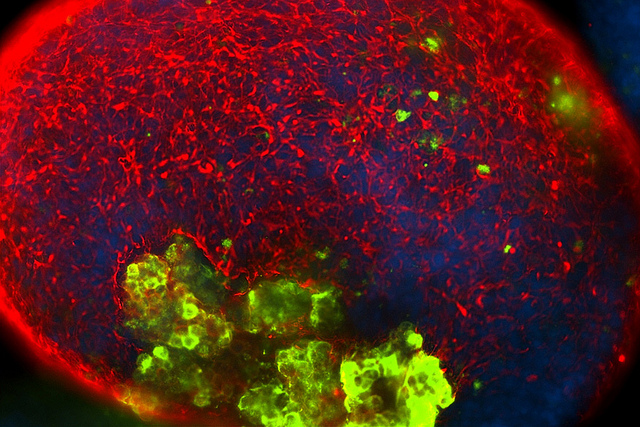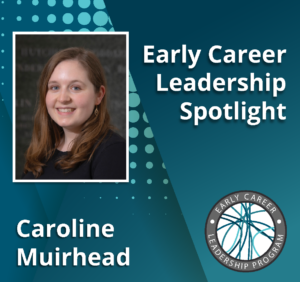The use of fetal tissue has drawn increasing public scrutiny in recent weeks as a result of secret video recordings involving the Planned Parenthood Federation of America. Getting less attention is how fetal cells can be essential research tools.
A story on NPR’s Morning Edition this morning focused on the research and clinical applications of fetal cells, highlighting the work of GSA member Larry Goldstein. He is trying to find drugs to treat Alzheimer’s disease and use transplanted fetal nerve cells to repair damaged spinal cords in paralyzed people. “The fetal cells are vital at this time because, to our knowledge, they have the best properties for the kinds of experiments that we need to do,” Goldstein was quoted in the NPR story.
NIH says Goldstein is not alone, with the agency funding about $76 million in fetal cell research each year, with applications to the study and treatment of a wide range of diseases including AIDS, blindness, birth defects, diabetes, cancer, autism, and Parkinson’s disease.
Goldstein, who has served as a member of GSA’s Public Policy Committee, is a distinguished professor at the University of California, San Diego, and director of the UC San Diego Stem Cell Program.














